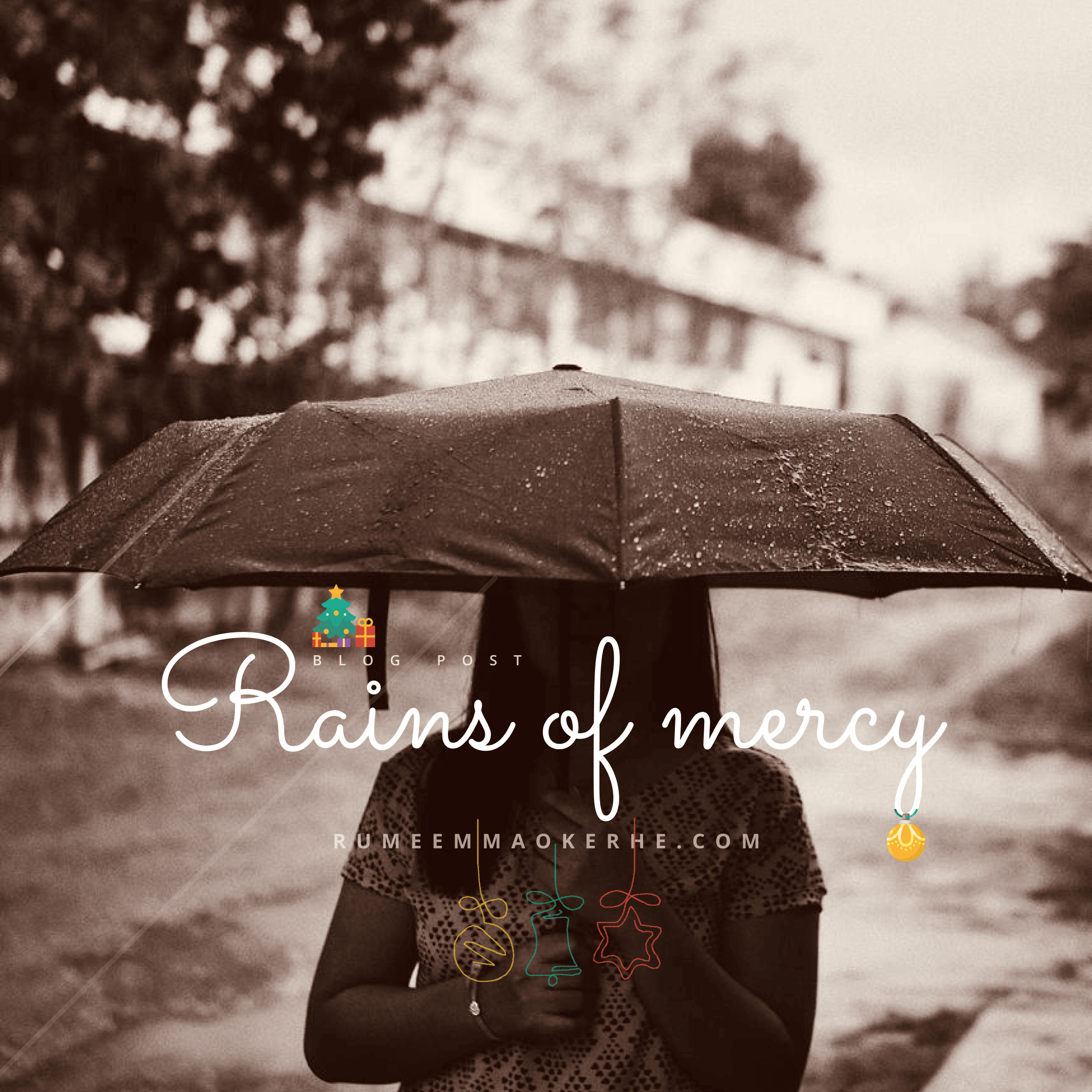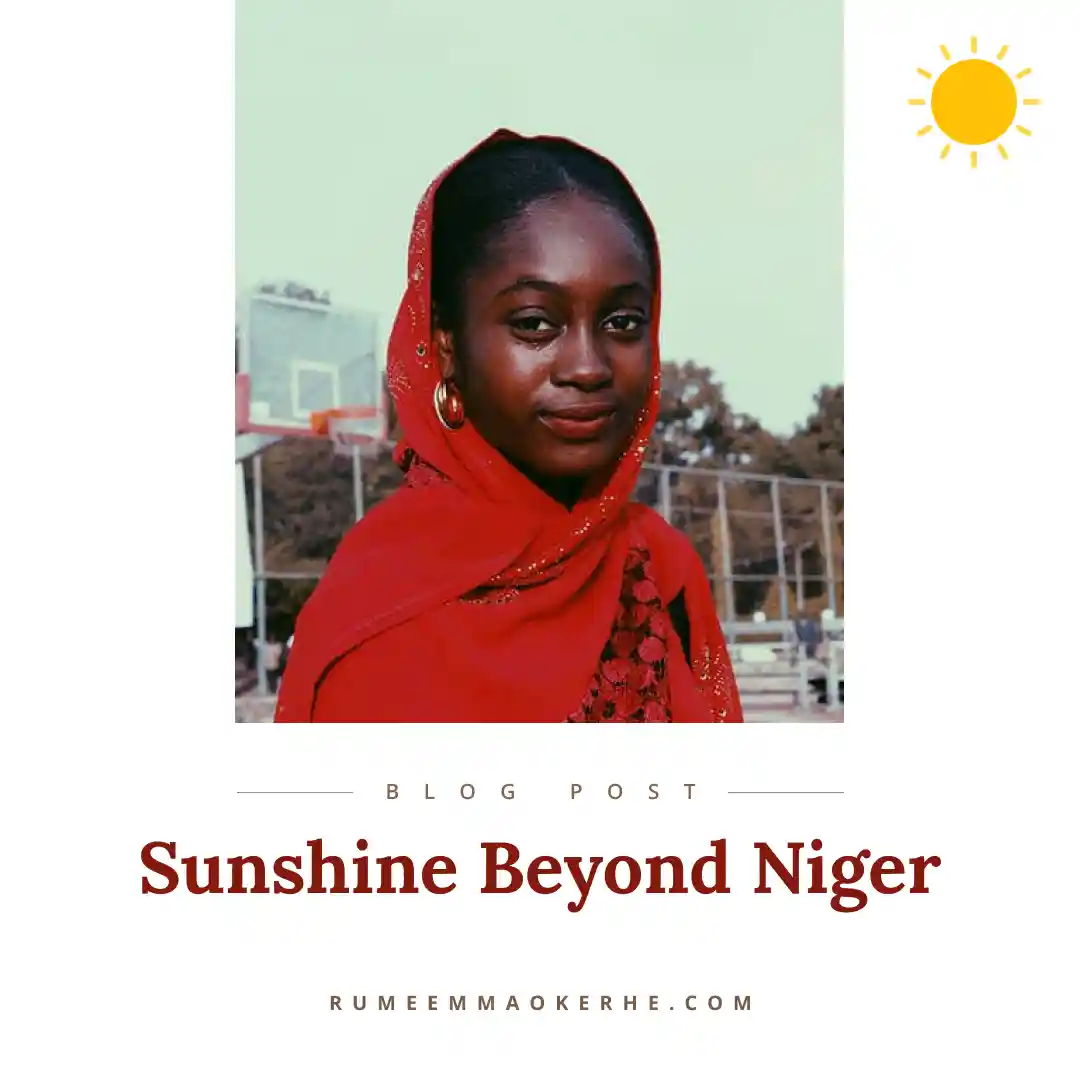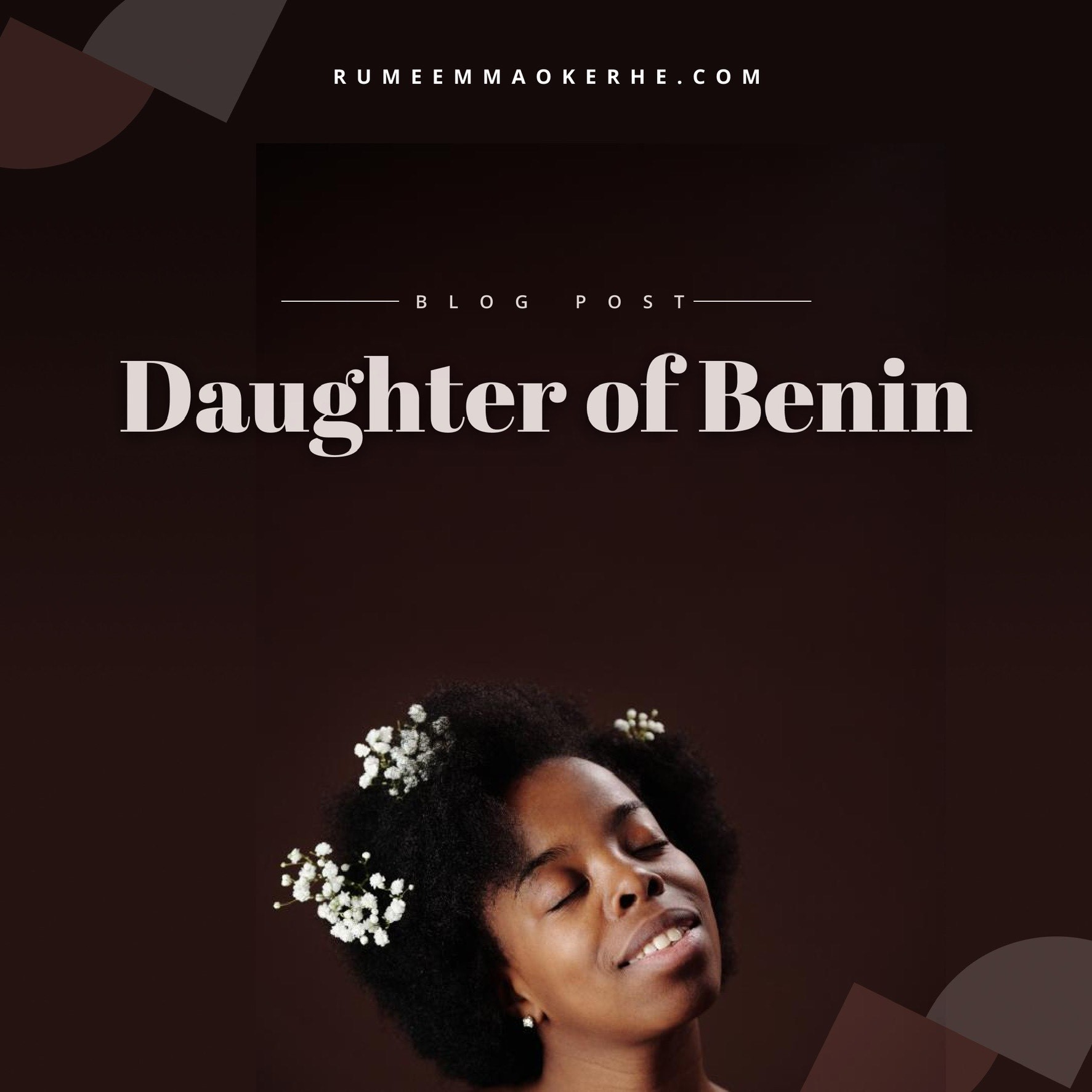
Rains of Mercy
Total Reading Time: 15 minutes Having parents serving in ministry meant being part of kingdom work oneself. As such, Tehillah

What is life when the fang of prejudice constantly digs into you, leaving its venom of hurt and pain? A hurt a sixteen-year-old like me has somewhat numbed to. Call me strong and I will refute with the vehemence of my mother watching me snatched from her by members of a sect I prefer to leave unnamed. To live is to die. To oppose the turmoil of nighttime is to stifle the fraction of breath I manage to have.
I remember—with the vividness of daytime light—seeing Mama struggle to break free from my stepfather’s hold. Her loose arm muscles wiggled like jelly. Her mouth vibrated, uncontrolled like the disjointed blade of a bulldozer.
I was my mother’s only daughter and thus, her favourite. When we sat to make my hair, she would tell me of her hard times growing up in her little village home and would explain that come what may, the sun would shine after the storm. I had listened to Mama with childly interest, but never for once had I taken her words to heart. Life, as I perceived then, was without worries. I lived in a fairytale of my parents’ making, privileged to enjoy all they could afford. So, when my father passed and Mama introduced my stepfather to me, that harmattan morning, I never knew I would need those words more than ever.
“kyakkyawan yarinya,” My stepfather had praised my beauty in Hausa, pulling me to himself. He had strong, coarse hands, hands which made my skin creep, my hair stand and my mind jostle in perturbation. Whether my mother had been too enamored by the praises of her new husband, I wasn’t sure, but she as well, had supported that I leave my grandmother’s house and stay with them. I had whined, my childly guts warning me of a danger I couldn’t fathom.
My mother wouldn’t budge, however. “You don’t want to be with Mama? Kai!”
Obliging, I had moved into both their house and a world of gloom. When I thought my life had perhaps taken a twist of fate by my capture by the group, I was plunged further into abysm.
As you would change beddings, our captors have since used each of us girls, ripping both our young hearts and bodies. Every morning, I sob of the pain that shouldn’t be. How do you say no when you have no more to give?
As I lay on my bug-filled bed, in this room not anymore adorned than the home of the poorest man in my town, I search for some hope, some sunshine after this storm. My new friend, Miriam, leads a few of us in prayers and though I have not always been serious about Church, I believe that Jesus is with me.
“My dad always says that in the world we will have tribulations,” Miriam’s thin voice once filled the room in one of our covert meetings. She sat, cross-legged, her body small as ours, but her spirit filled with much more strength. “But Jesus has overcome for us. This is the reason I no longer cry on my bed. I know Jesus is coming to rescue us!”
I recall Miriam’s words and nibble on them, as though they were groundnuts in a jar. I pray, cry, but never stop to hope. I pray for Mama too, and trust God to give us both, some sunshine.

Total Reading Time: 15 minutes Having parents serving in ministry meant being part of kingdom work oneself. As such, Tehillah

Total Reading Time: 15 minutes Listen to audio version Frustration burned within Lisa, fervent as the crackling coals at the
4 Responses
This is incredible
Thanks, siss❤️❤️
Good job Rume!
It’s a worthy 07:54 am read. Thanks for the reminder; we can trust God even when it’s bleak.
Yes, we can❤️❤️